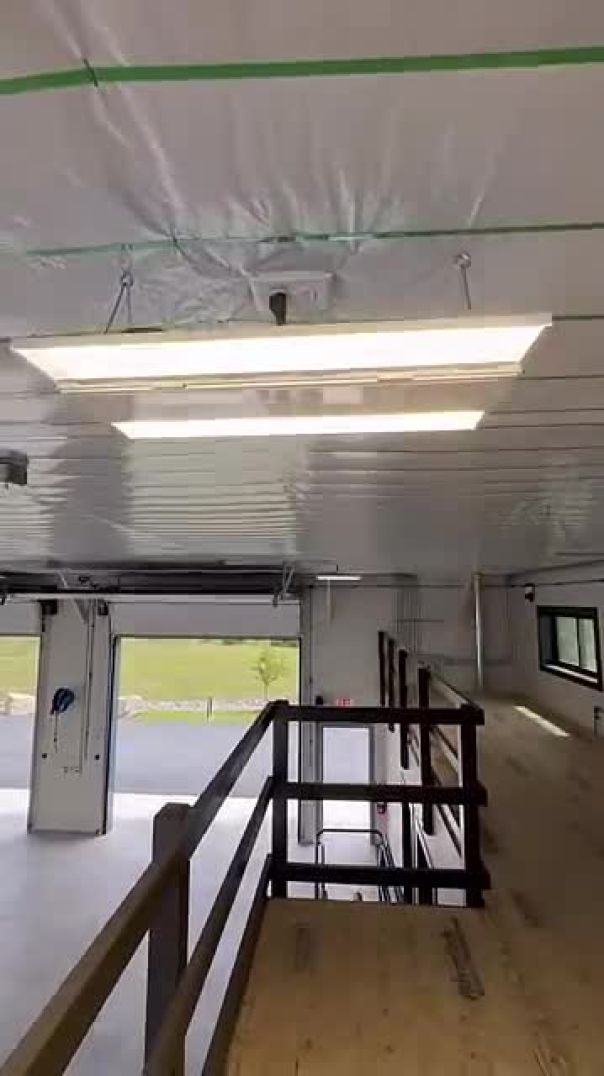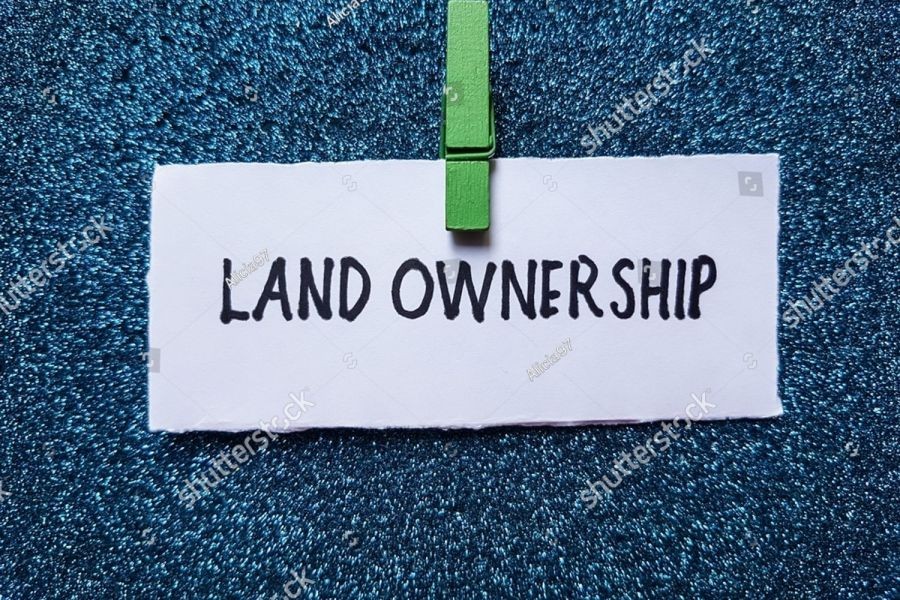The relationship between tenants and landlords in New Zealand is a complex tapestry woven with legal obligations, cultural expectations, and personal interactions. In a country where nearly a third of households rent, disputes between tenants and landlords are not uncommon. Handling these disputes effectively requires a deep understanding of New Zealand's unique cultural and legal landscape.
Understanding the New Zealand Rental Market
New Zealand's rental market is shaped by both economic and social factors. According to Stats NZ, as of 2023, approximately 32% of New Zealand households are renting, a figure that has been steadily climbing over the past decade. This rise is largely due to soaring property prices, which have made homeownership increasingly unattainable for many Kiwis. Consequently, the dynamics between landlords and tenants have become more strained, with disputes often arising over rent increases, property maintenance, and lease agreements.
Case Study: A Successful Tenant-Landlord Resolution
Consider the case of Sarah, a tenant in Auckland, who faced a sudden rent increase that she believed was unjustified. Sarah's landlord cited market conditions as the reason for the increase. However, Sarah knew the law required a 60-day written notice for such changes and that increases must be in line with the market rate. Armed with this knowledge, she approached the Tenancy Tribunal.
The Tribunal found in Sarah's favor, as her landlord couldn't justify the increase with comparable market rents. This case underscores the importance of understanding legal rights and using available resources, such as the Tenancy Tribunal, to resolve disputes amicably.
Navigating Legal Frameworks
The Residential Tenancies Act 1986 governs landlord and tenant relationships in New Zealand, providing a clear framework for resolving disputes. It's crucial for tenants and landlords to familiarize themselves with this legislation. For instance, tenants have the right to a warm, dry home and can demand repairs if these conditions aren't met.
Data-Driven Insights
According to the Ministry of Business, Innovation and Employment (MBIE), disputes over bond refunds and rent arrears are the most common issues brought before the Tenancy Tribunal. In 2022, the Tribunal processed over 20,000 applications, with 60% related to bond and rent disputes. These figures highlight the importance of clear communication and documentation in preventing conflicts.
Pros and Cons of Dispute Resolution Methods
When disputes arise, several resolution methods are available:
Pros:
- Mediation: Offers a neutral platform for discussion, often leading to a mutually beneficial outcome.
- Tenancy Tribunal: Provides a legally binding decision and can be a powerful tool when informal negotiations fail.
- Direct Negotiation: Encourages open communication, potentially preserving the tenant-landlord relationship.
Cons:
- Mediation: May not be effective if one party is unwilling to compromise.
- Tenancy Tribunal: Can be time-consuming and may strain the relationship further.
- Direct Negotiation: Without a mediator, discussions can become heated and unproductive.
Common Myths about Tenant Rights in NZ
- Myth: Landlords can increase rent at any time. Reality: The law requires a 60-day notice period and rent increases must be justified by market conditions (MBIE).
- Myth: Tenants are responsible for all repairs. Reality: Landlords must maintain the property, ensuring it's safe and habitable (Residential Tenancies Act).
- Myth: Tenants cannot dispute bond deductions. Reality: Tenants can challenge unjust deductions through the Tenancy Tribunal.
Future Trends in the NZ Rental Market
As New Zealand's rental market evolves, several trends are expected to shape the future:
- The government is likely to introduce more stringent regulations to protect tenant rights, especially concerning rent control and property maintenance.
- Technology will play a significant role in property management, with platforms like Tenancy.co.nz making it easier for tenants and landlords to manage leases and payments.
- There's a growing trend towards sustainable and energy-efficient rentals, driven by both consumer demand and government incentives.
Final Takeaway & Call to Action
Handling a dispute with your landlord in New Zealand requires a strategic approach that combines knowledge of the law, effective communication, and the use of available resources. By understanding your rights and responsibilities, you can navigate disputes confidently and reach fair resolutions. If you're currently facing a landlord dispute, consider consulting with the Tenancy Tribunal or seeking mediation services. Ready to empower yourself with more insights? Subscribe to our newsletter for the latest updates on New Zealand's rental market.
People Also Ask (FAQ)
- What are the biggest misconceptions about tenant rights in NZ? A common myth is that tenants are responsible for all repairs. However, landlords must maintain the property in a safe and habitable condition (Source: Residential Tenancies Act).
- What are the best strategies for resolving a landlord dispute? Experts recommend starting with direct negotiation, followed by mediation, and utilizing the Tenancy Tribunal for unresolved issues.
- What upcoming changes could affect rental agreements in NZ? By 2026, policy updates may introduce stricter rent control measures and enhanced tenant protections.
Related Search Queries
- Tenant rights New Zealand
- How to dispute rent increase NZ
- Tenancy Tribunal process NZ
- Landlord responsibilities NZ
- Resolving rental disputes NZ
- Bond refund process NZ
- Tenancy mediation services NZ
- Property law changes NZ 2026
- Rent control policies NZ
- Energy-efficient rentals NZ





























